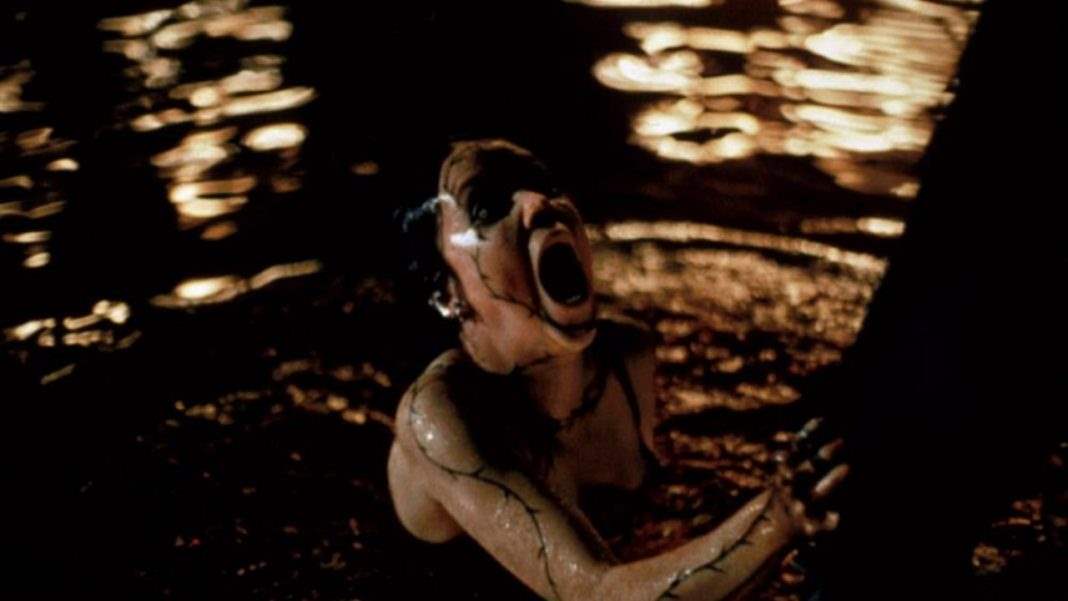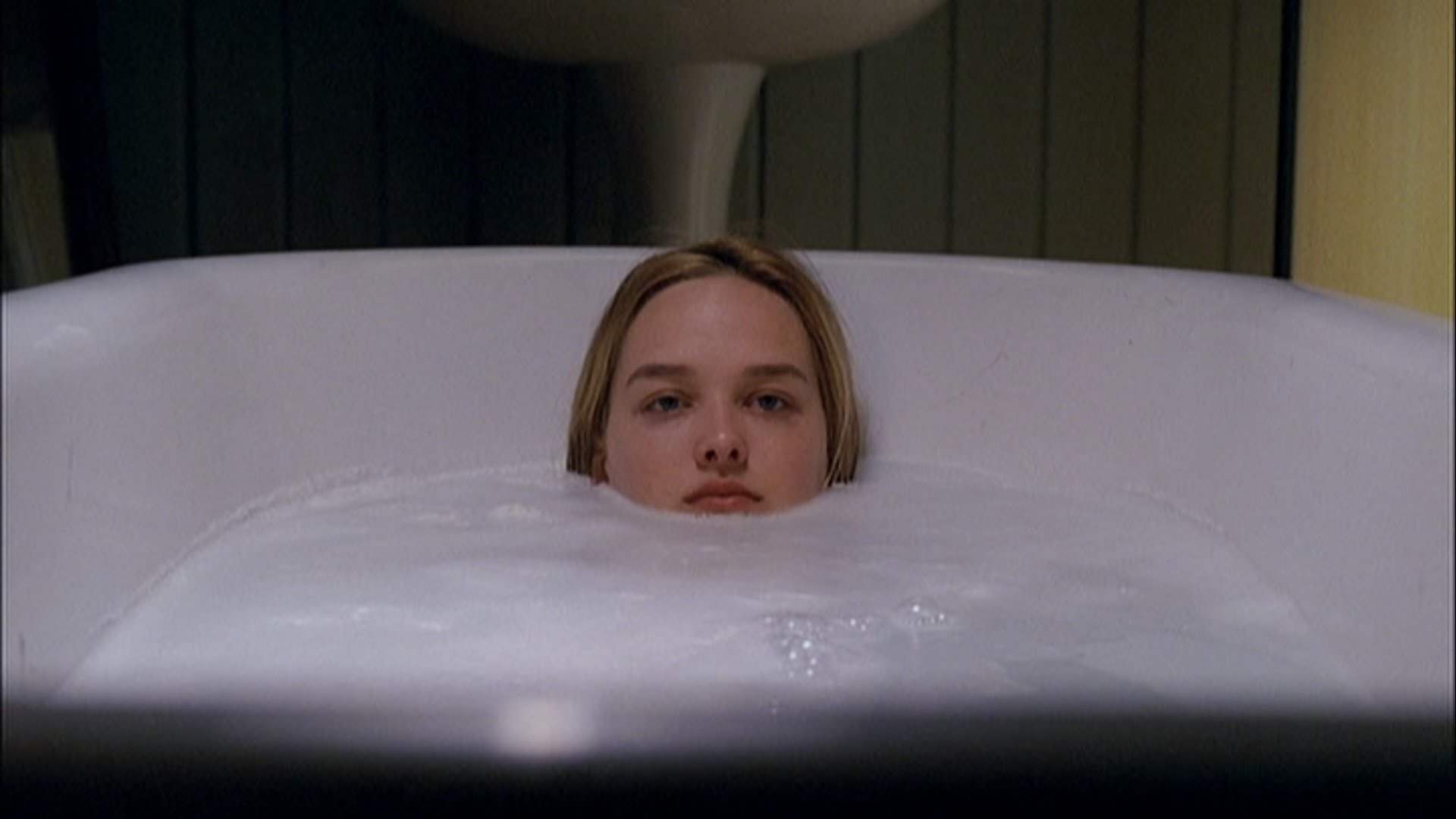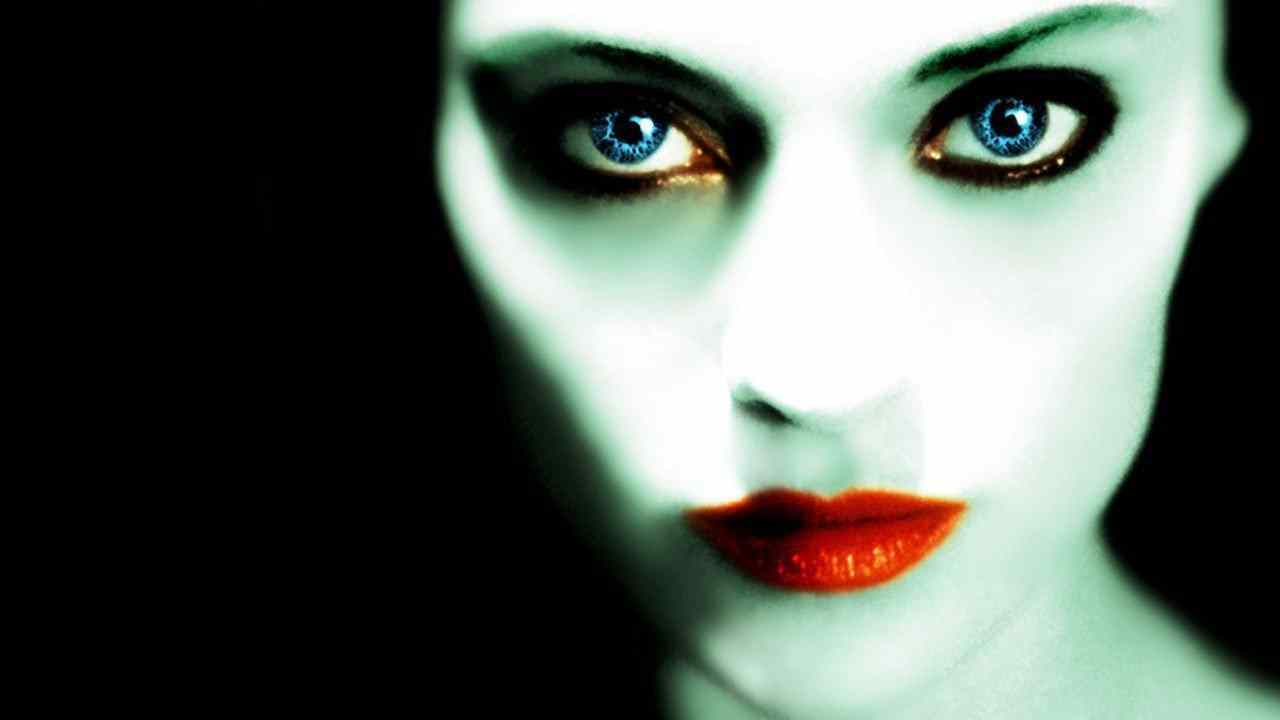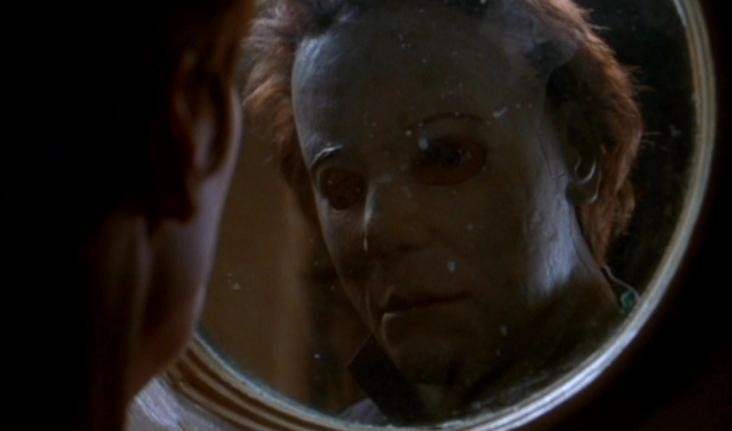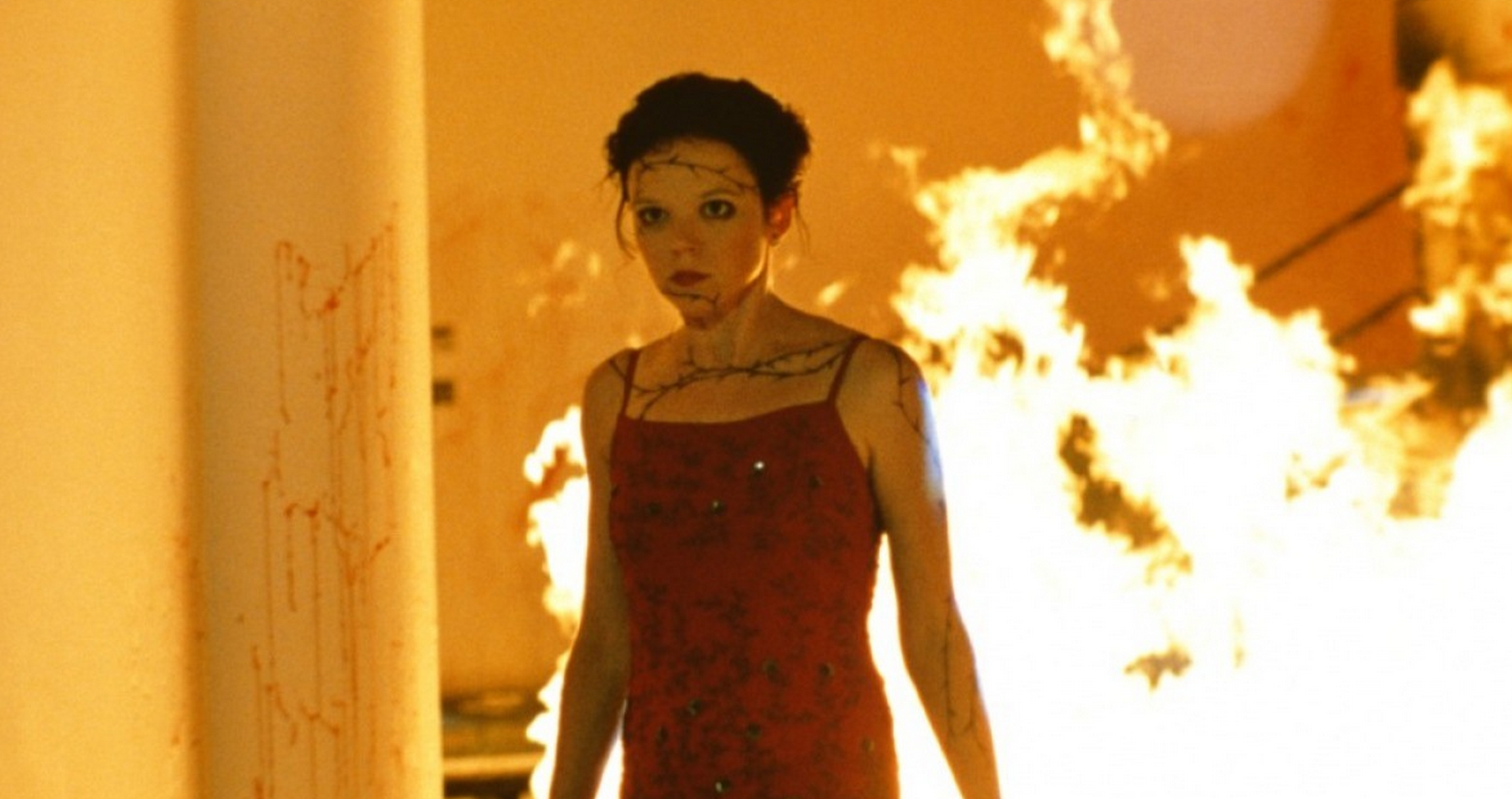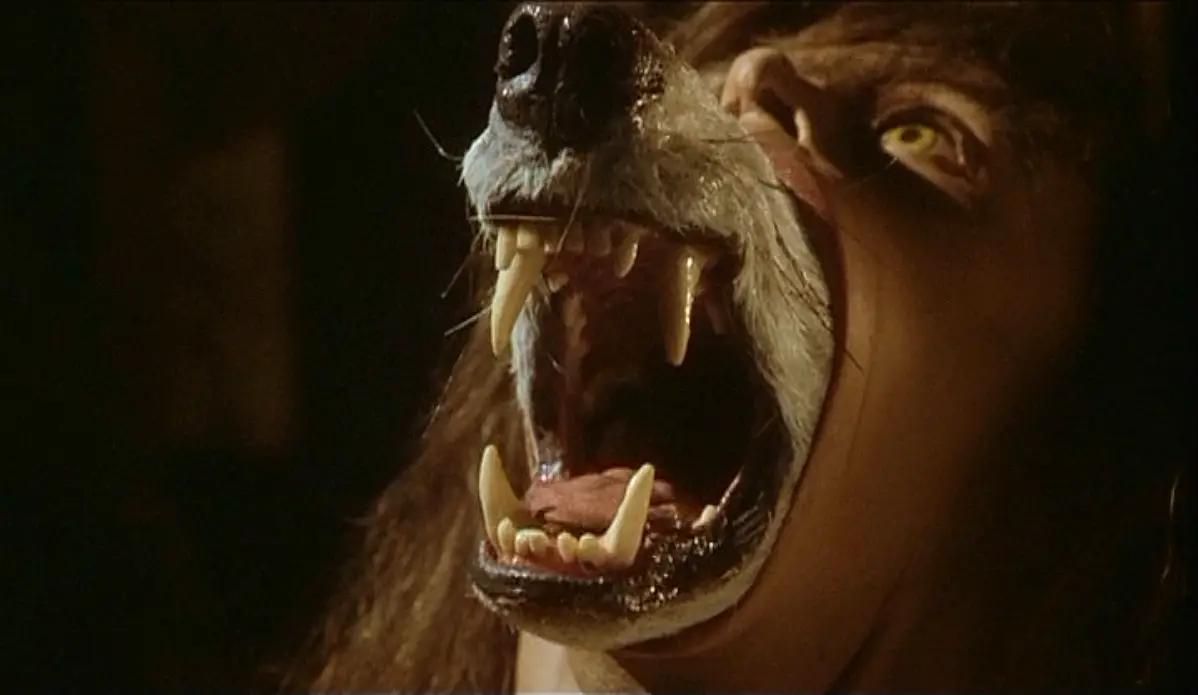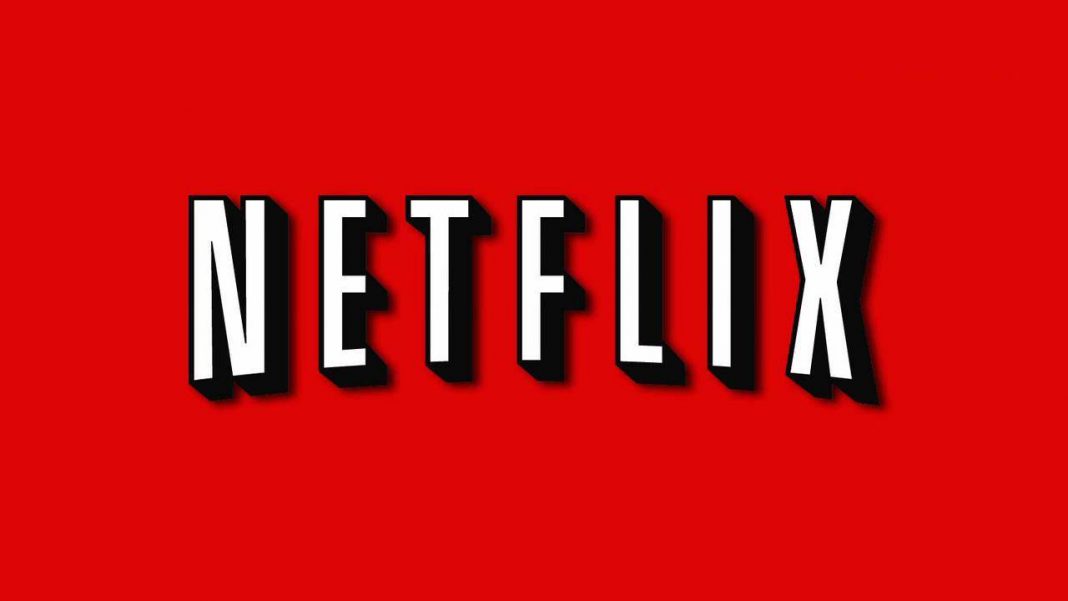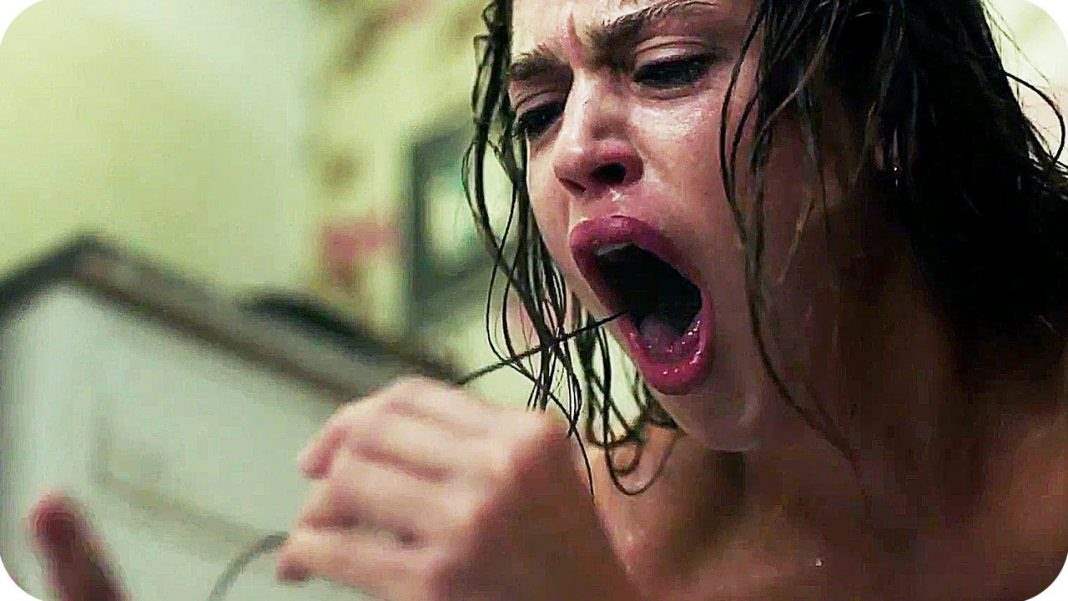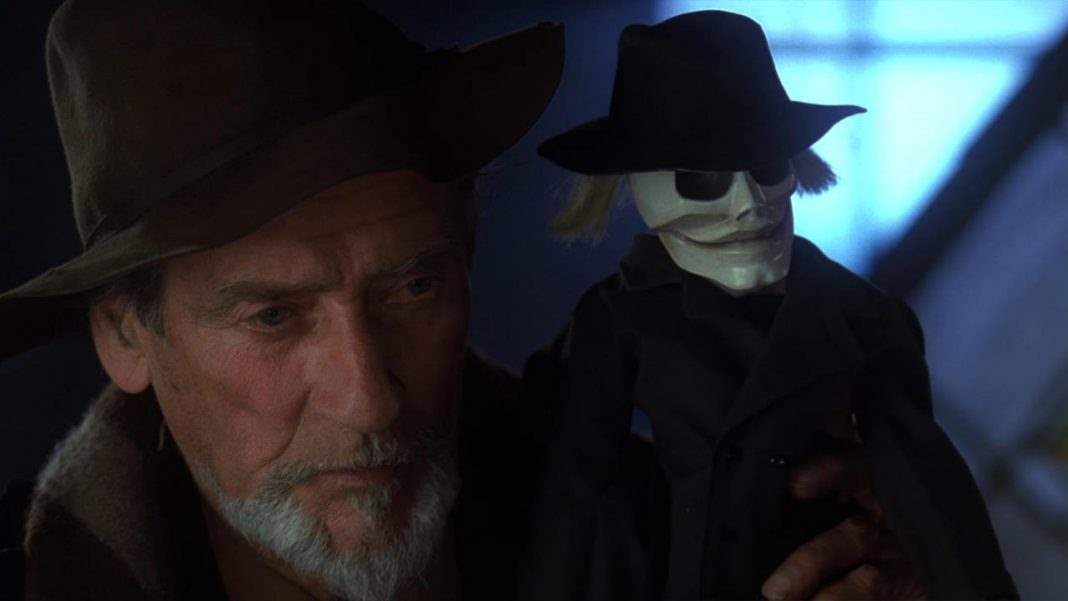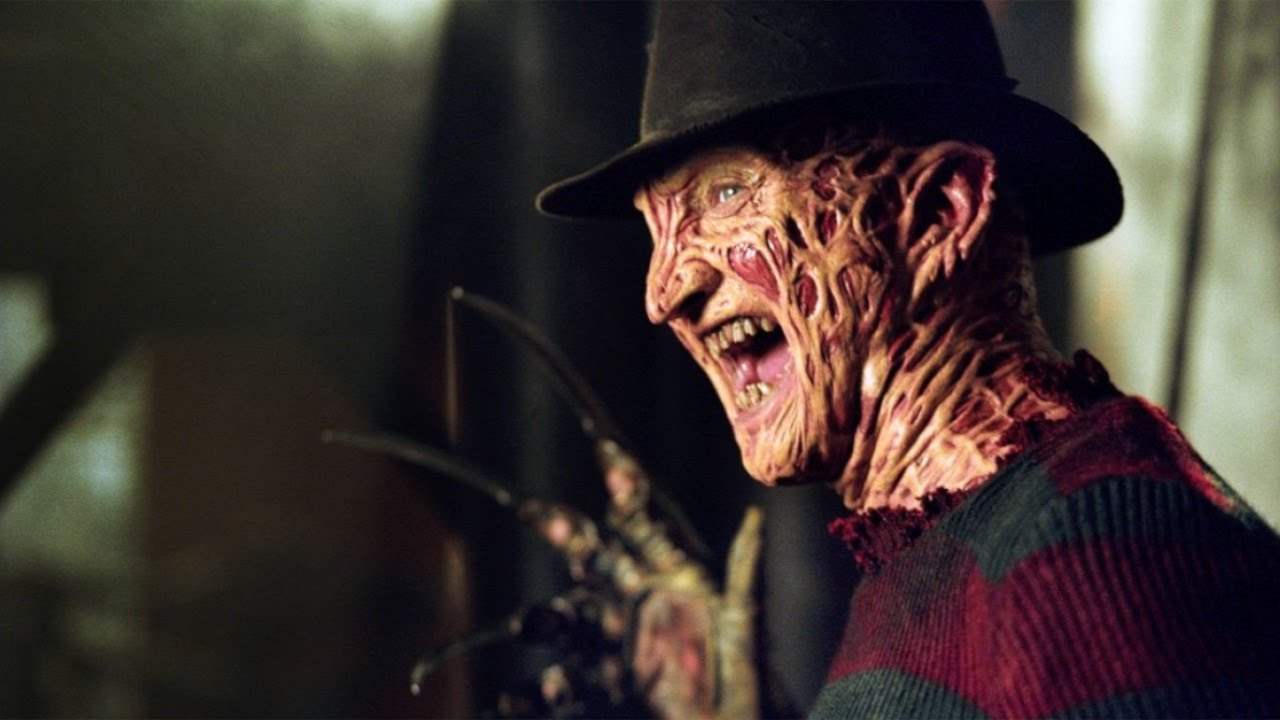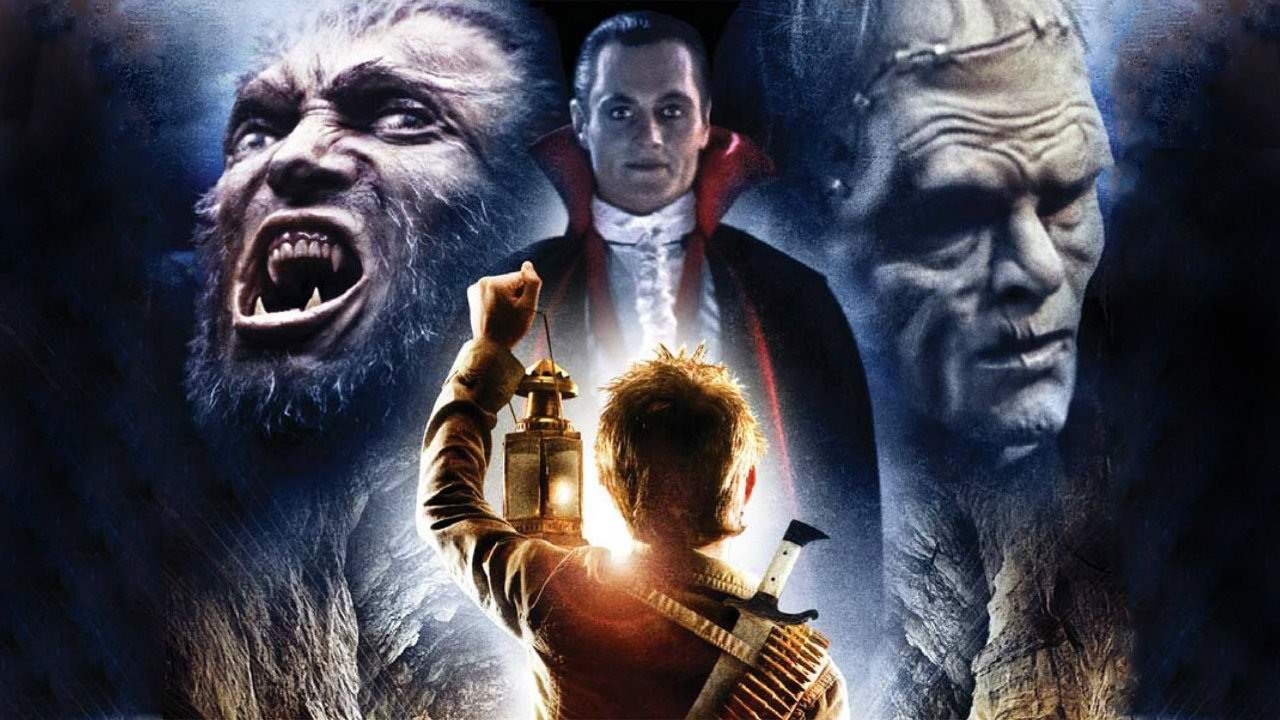Horror is not an inherently misogynist genre, despite what critics, parental groups and conservative personalities have been trying to say for decades. There are some misogynist works and always problems to overcome, to be sure, as there always are, and there is plenty of sexism in the industry, but it’s everywhere. It’s in every genre. Sometimes the films that are most obviously made to cater to women can be the least feminist — romantic comedies are notorious for this. Horror is the only genre where it’s actually more out of place to have a male protagonist than a female one.
But horror is the genre that’s always at the forefront of dealing with major problems in society. So it’s no surprise, really, that there can be so much amazing feminist work. It shouldn’t be the case that, when looking at a list of feminist horror movies, the authors of most of the articles seem to suggest that the films on their list are the only feminist horrors ever. That’s not the case. This list will be the tip of the iceberg. And these are unexpected feminist, so you won’t find most of the big names here. Everyone knows Carrie, Jennifer’s Body and even Ginger Snaps is pretty well-covered ground by now. Rape/revenge features will also not be looked at simply because that ground has been covered extensively in not one but two previous articles.
These ones are the more surprising entries. They’re surprising in that they weren’t necessarily expected to be so feminist, but when that turned out to the case, it was a welcome development.
Related: Power Struggle: Feminism in The Craft
Hellbound: Hellraiser II
Hellbound, while entering most discussions for its rank as one of the best horror sequels around, isn’t usually talked about for its feminist content. While Hellraiser was not an un-feminist horror movie, as both the hero and the villain—at least the one who drove the plot forward—were well-developed female characters, Hellraiser II took it to another level. First, you have a retelling of the Orpheus myth with the genders reversed, as the basic seed of the plot of Kirsty’s journey into Hell to recover her father. But more than that, the film is about sisterhood. The weakest link of the original movie was Kirsty’s boyfriend, but here she has no love interest. Her strongest connection is with her surrogate sister Tiffany, and her strongest rivalry is again with Julia.
Teeth may seem obvious now, but when it was coming out, during that early buzz, people expected it to be the furthest thing from feminist. On the surface, it sounded like it was going to be inherently about the fear of the female body and a woman’s comfort and control over her form and herself. Instead, it was about a young woman discovering and subsequently embracing herself. Except for Autumn’s father, every single male character in the film is basically evil. Several people attempt to force themselves on her and meet with a bitter end. It’s a heightened reality used to point out what girls actually have to deal with every day.
May might be one of those more well-known feminist horror films by this point, but there are still plenty of people who haven’t come into contact with this excellent indie gem. It’s one of the most feminist horrors of all time, with Angela Bettis giving the performance of a lifetime as the title character. A lonely, quiet girl who just wants a friend even if she has to make one herself—literally.
Halloween has also appeared on numerous list of feminist horror pieces because of Laurie’s developed character and her resourcefulness and heroic tendencies displayed throughout the feature. With Halloween H20, though, there was no debate as to what a truly feminist entry this was. It’s a character piece. H20 is about a woman who has spent decades attempting to cope with the tragedy of her youth, who realizes that the only way to overcome her past is to take matters into her own hands and face it head on. The moment where Laurie picks up an axe and the Halloween theme begins to play as she starts stalking Michael is one of the most empowering shots in horror history.
I’ve written about Return of the Living Dead 3 extensively in the past, but it makes this list because it truly was unexpected as to how feminist it was, and also because it still doesn’t seem to be getting the amount of attention it deserves. Julie Walker should have become a horror icon after the film’s release. The movie itself is an inversion of the classic fairy tale love story, with Curt bringing back his true love from death and Julie having to break it down for him that she is not that person now and she cannot be what he wants her to be anymore.
Carrie is one of the major feminist horror films, of course, but nobody expected The Rage to be just as feminist as the first if not more so. This one is not about how everyone picks on and belittles one girl; instead it has a focus on how high school guys treat high school girls. It’s so relevant now, especially, with one of the major plot points centering on how these guys treat one girl so horribly that she is driven to suicide and that if anyone finds out about their involvement, it could ruin their promising athletic careers.
Everyone thinks of Ginger Snaps when they think of feminist werewolf movies—for good reason—but people tend to forget just how much ground was covered in Neil Jordan’s The Company of Wolves. An updated look at the story of Little Red Riding Hood, this one makes its message pretty clear: all men are beasts. The loud ones, the mean ones and—especially—the nice and charming ones. They’re wolves. Even the werewolf transformations seem to be created to support the theme, as the wolf actually tears its way out from within. They shed their human form to reveal their true selves.
